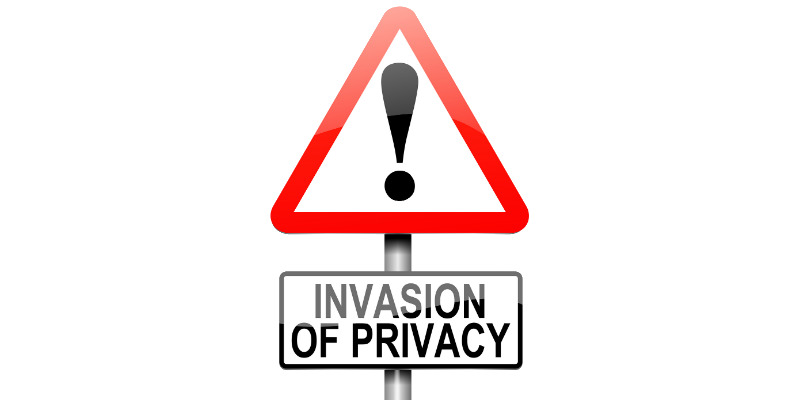The Supreme Court has agreed to consider whether law enforcement (LE) must obtain a warrant to gain access to historical cell-site location information (CSLI). The justices announced they would review the case of Timothy Carpenter who was accused of masterminding a series of armed robberies (ironically, cellphone stores) in Ohio and Michigan. Relying on the Stored Communications Act, which allows phone companies to disclose records when the government provides specific and articulable facts demonstrating reasonable grounds to believe that the records requested are relevant and material to an ongoing criminal investigation, LE obtained court orders for the records of 16 phone numbers, including Carpenter’s cellphone. LE obtained 127 days of historical cell-site records which allowed the government to pinpoint the location of the cell towers that Carpenter’s cellphone connected with, in the vicinity of the robberies. After being convicted, Mr. Carpenter appealed to the Sixth Circuit Court of Appeals, arguing his Fourth Amendment rights were violated because disclosure of his phone records to the government constituted a search for which a warrant was required. The Court of Appeals disagreed stating that a warrant was not needed under the Fourth Amendment because Carpenter had no reasonable expectation that his phone records would be kept private because the records simply show where his phone connected with cell towers, without providing any content. A petition for a writ of certiorari was filed last year with the Supreme Court, supported by five civil liberties groups and the Cato Institute. While the Supreme Court has previously declined to review similar cases, its intent to review the Carpenter case signals its belief that the issue is ripe for clarification. The Supreme Court will review whether the warrantless seizure and search of historical cell-phone records revealing the location and movements of a cell-phone is permitted by the Fourth Amendment.
Thursday, April 24, 2025
Womble Bond Dickinson,” the “law firm” or the “firm” refers to the network of member firms of Womble Bond Dickinson (International) Limited, consisting of Womble Bond Dickinson (UK) LLP and Womble Bond Dickinson (US) LLP. Each of Womble Bond Dickinson (UK) LLP and Womble Bond Dickinson (US) LLP is a separate legal entity operating as an independent law firm. Womble Bond Dickinson (International) Limited does not practice law. Please see www.womblebonddickinson.com/us/legal-notices for further details.
© Womble Bond Dickinson (US) LLP








